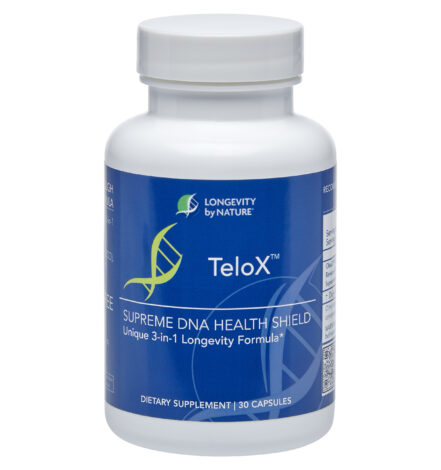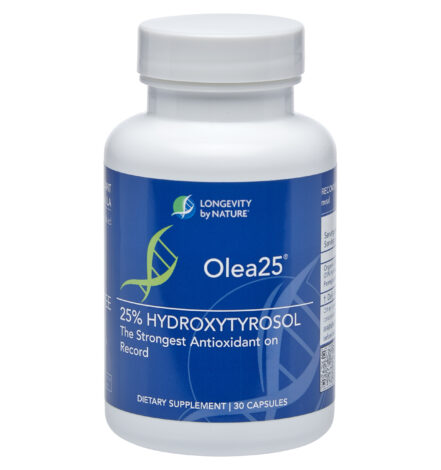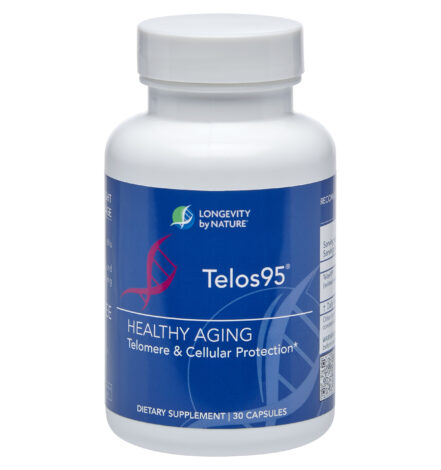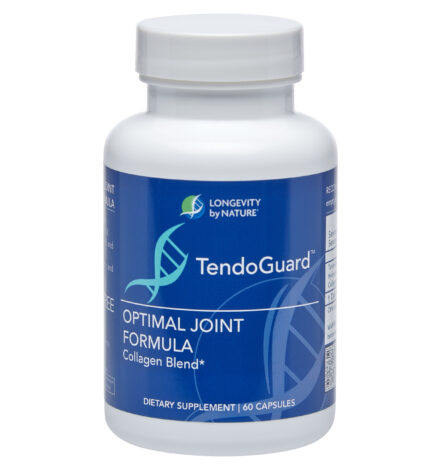Adding a Hyaluronic Acid Supplement to your beauty care routine can give you a healthy and beautiful glow from the inside out. Hyaluronic Acid is naturally found in your body, in your skin, eyes and joints working closely with collagen, the main protein of connective tissue. HA95 Hyaluronic Acid Supplements are your new anti-aging strategy.
Explore more related links:
What is Hyaluronic Acid?
Hyaluronic acid is a natural substance found in your body, particularly in the skin, eyes, and joints. It’s important for hydration and lubrication of tissues. Hyaluronic acid supplements enhance the body’s natural supply of hyaluronic acid levels, and restore natural moisture levels that might diminish due to aging. It can also help support joint movement and cushioning.What does hyaluronic acid do for your skin?
Hyaluronic acid contributes to moisture retention, keeping the skin hydrated and plump, and reduces the appearance of fine lines and wrinkles. It keeps your skin healthy, supple and smooth and helps it heal when it gets damaged. It fills the spaces between skin cells and is important for the process of repairing and rebuilding the outer layer of our skin.Common uses of hyaluronic acid in skincare
Hyaluronic acid skin benefits are known for hydrating and anti-aging properties. Some common uses of it include: Moisturization: Hyaluronic acid is known for its ability to hold onto water molecules, making it a great moisturizer. It helps to keep the skin hydrated, plump, and smooth. Anti-Aging: As we age, our skin tends to lose moisture and elasticity, leading to wrinkles and fine lines. Hyaluronic acid can help improve the appearance of fine lines and wrinkles by providing a temporary plumping effect to the skin. Serums and Creams: Hyaluronic acid is often included in serums, creams, and moisturizers to boost hydration and improve the texture of the skin. Sheet Masks: Many sheet masks are infused with hyaluronic acid to provide an intense burst of hydration to the skin. Filler Injections: Hyaluronic acid is also used in cosmetic procedures as a dermal filler. It can be injected into areas with volume loss, like the cheeks and lips, to restore a youthful appearance. Wound Healing: Due to its ability to promote tissue repair and wound healing, hyaluronic acid is sometimes used in medical applications to treat burns, wounds, and skin ulcers. Sun Protection: Some sunscreens and sunblock products include hyaluronic acid to offer hydration and protection from sun damage. Eye Creams: Hyaluronic acid is found in some eye creams to address dryness, puffiness, and fine lines around the delicate eye area. Hyaluronic acid is generally well-tolerated and suitable for most skin types. However, individual responses can vary, so it’s recommended to do a patch test and consult with a dermatologist before introducing new skincare products into your routine, especially if you have sensitive skin or any existing skin conditions.How to incorporate Hyaluronic Acid into Your Skincare Routine
Incorporating hyaluronic acid into your skincare routine is simple and can offer great benefits for hydration and skin health. Here’s how you can do it: Cleansing: Start with a gentle cleanser to clean your face and prepare it for skincare products. Toner (Optional): If you use a toner, apply it after cleansing to balance the skin’s pH levels. Hyaluronic Acid Serum: Apply a hyaluronic acid serum to damp skin. Serums are lightweight and contain a higher concentration of active ingredients. Gently pat the serum onto your face and neck, focusing on areas that need extra hydration. Moisturizer: After the serum has absorbed, follow up with a moisturizer. This helps seal in the hyaluronic acid and provides additional hydration. Look for a moisturizer that complements your skin type. Sunscreen (Morning Routine): If it’s your morning routine, finish with a broad-spectrum sunscreen to protect your skin from UV rays. Sunscreen is essential to prevent further damage and maintain healthy skin. Eye Cream (Optional): If you use an eye cream, apply it gently around the eye area, where the skin is delicate and prone to dryness. Night Routine: You can also include hyaluronic acid in your nighttime routine. After cleansing, apply the serum and follow with a moisturizer suitable for nighttime use. Frequency: You can use hyaluronic acid daily or as often as your skincare routine requires. Some people use it in both their morning and evening routines.How often should you use hyaluronic acid?
The frequency of using hyaluronic acid in your skincare routine can vary depending on your skin type, the specific product you’re using, and your individual needs. However, a general guideline is to use hyaluronic acid once or twice a day. Here are some suggestions regarding use:- Daily Use: Most people can benefit from using hyaluronic acid daily, especially if you have dry or dehydrated skin. Applying it in the morning and evening can help maintain consistent hydration levels.
- Sensitive Skin: If you have sensitive skin, start by using hyaluronic acid every other day to see how your skin responds. Gradually increase the frequency if your skin tolerates it well.
- Combination or Oily Skin: Even if you have oily or combination skin, hyaluronic acid can be beneficial. Opt for lightweight formulations, use them as needed, and adjust the frequency based on how your skin feels.
- Layering with Other Products: Keep in mind that you can layer hyaluronic acid with other skincare products. It’s often used before moisturizer and sunscreen. However, if you’re using products that contain exfoliating ingredients (like retinoids or AHAs/BHAs), consider applying hyaluronic acid after those.
- Climate and Environment: Your environment can also influence how often you use hyaluronic acid. In dry or cold climates, you might choose to use it more frequently for added hydration.
- Observing Your Skin: Pay attention to how your skin responds. If you notice any irritation, redness, or excessive oiliness, adjust the frequency or consult a dermatologist.







